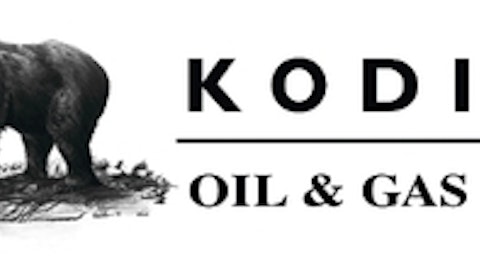Recently, the oil and gas industry has found itself the unsuspecting target of an unusual degree of shareholder activism. Large activist shareholders, mostly hedge funds, set their sights on at least half a dozen major energy companies last year, calling for dividend increases, board shakeups, and even the ouster of chief executives.

Yet just a few decades ago, these activists would probably have been painted in a very different light. Instead of being called protectors of the average shareholder, they might have been deemed corporate raiders — so-called barbarians at the gate who would barely hesitate before stripping a company of its assets and firing countless workers just to make a quick buck.
Why has this new generation of activists suddenly re-emerged, and why are they so determined to target the oil and gas industry? And are they true advocates of generating shareholder value, or are they just looking to exploit company weaknesses for their own short-term gains?
Why oil and gas companies have been activist targets
As Ed Crooks of the Financial Times recently noted, there are three key reasons the energy industry has found itself the target of increasing shareholder activism.
The first and most obvious is that the industry deals with real assets, which can be sold to unlock value for shareholders. This feature is perhaps most evident in the ongoing debate at Hess Corp. (NYSE:HES), where Elliot Management, a hedge fund led by Paul Singer, is prompting the company to separate its Bakken acreage from its international assets and also to sell off its refining and marketing business. Elliot believes doing so could improve the company’s depressed share price, which has fallen sharply over the past couple of years.
The second feature of the oil and gas industry that makes it especially vulnerable to shareholder militancy is the nature of its investment returns. Many projects are characterized by large initial capital investments that may not pay off for several years into the future, if at all. Yet immediate value can be unlocked by divesting existing assets, which can propel a company’s share price higher, though often at the expense of creating sustainable value over the long haul.
At Transocean LTD (NYSE:RIG), for instance, investor Carl Icahn is putting pressure on the company to raise its dividend to $4 per share, which he believes will improve capital allocation and provide a boost to its stock price. But Transocean LTD (NYSE:RIG)’s board suggests that Icahn’s recommendation, though it may boost short-term returns, could potentially jeopardize the company’s long-term returns and viability.


